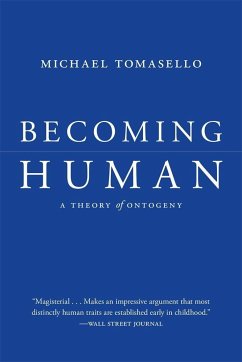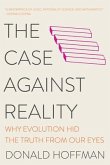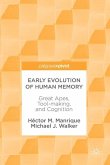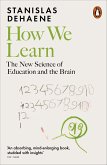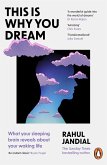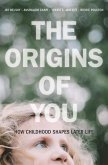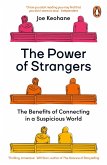Winner of the William James Book Award "Magisterial...Makes an impressive argument that most distinctly human traits are established early in childhood and that the general chronology in which these traits appear can at least-and at last-be identified." -Wall Street Journal "Theoretically daring and experimentally ingenious, Becoming Human squarely tackles the abiding question of what makes us human." -Susan Gelman, University of Michigan Virtually all theories of how humans have become such a distinctive species focus on evolution. Becoming Human proposes a complementary theory of human uniqueness, focused on development. Building on the seminal ideas of Vygotsky, it explains how those things that make us most human are constructed during the first years of a child's life. In this groundbreaking work, Michael Tomasello draws from three decades of experimental research with chimpanzees, bonobos, and children to propose a new framework for psychological growth between birth and seven years of age. He identifies eight pathways that differentiate humans from their primate relatives: social cognition, communication, cultural learning, cooperative thinking, collaboration, prosociality, social norms, and moral identity. In each of these, great apes possess rudimentary abilities, but the maturation of humans' evolved capacities for shared intentionality transform these abilities into uniquely human cognition and sociality.
Bitte wählen Sie Ihr Anliegen aus.
Rechnungen
Retourenschein anfordern
Bestellstatus
Storno

